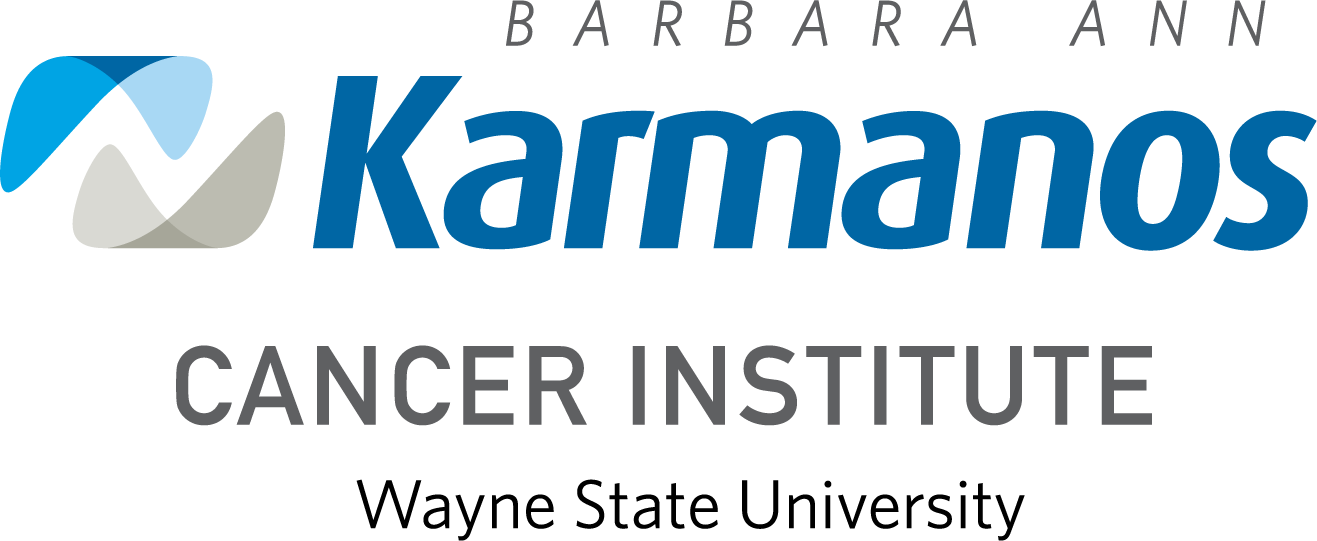
Dr Deol on CAR T-cell Therapy in Multiple Myeloma

Abhinav Deol, MD, discusses the efficacy and durability of CAR T-cell therapies in patients with multiple myeloma.
Abhinav Deol, MD, associate professor, hematology-oncology, Karmanos Cancer Institute, Wayne State University School of Medicine, discusses the efficacy and durability of CAR T-cell therapies in patients with multiple myeloma.
Two anti-BCMA CAR T-cell therapies that are currently FDA approved for use in patients with relapsed/refractory multiple myeloma are idecabtagene vicleucel (ide-cel; Abecma) and ciltacabtagene autoleucel (cilta-cel, Carvykti). Ide-cel was approved in 2021 based on findings from the phase 2 KarMMa trial (NCT03361748), and cilta-cel was approved in 2022 based on results from the phase 1b/2 CARTITUDE-1 trial (NCT03548207). As both ide-cel and cilta-cel are autologous CAR T-cell products, T cells must be collected from patients and shipped to a CAR T-cell manufacturing company, which ships them back to the patient’s CAR T-cell infusion center around 6 to 8 weeks later, according to Deol. About 5 days prior to their planned CAR T-cell infusion, patients receive a short, mild course of lymphodepleting chemotherapy to prepare their bodies to fully expand the infused T cells, Deol explains.
For around 7 to 10 days after CAR T-cell infusion, patients are monitored daily for signs of cytokine release syndrome (CRS) or neurotoxicity. If patients do not display evidence of these adverse effects, they can transition to outpatient care, Deol notes. Karmanos Cancer Institute has begun a pilot program that aims to administer CAR T-cell infusions to patients in the outpatient setting and only admit patients to the hospital if they develop CRS or neurotoxicity, Deol says.
Most patients with multiple myeloma who receive these CAR T-cell products will achieve a response, Deol adds. In KarMMa, at a median follow-up of 13.3 months, 73% of patients who received ide-cel had a response. In CARTITUDE-1, at a median follow-up of 12.4 months, the overall response rate was 97% in the patients who received cilta-cel.
The potential for long-term disease control with these agents remains unknown, Deol notes. In KarMMa, the median DORs were 4.5 months, 10.4 months, and 19.0 months in patients who achieved best responses of partial response (PR), very good PR, and complete or stringent complete response, respectively. In CARTITUDE-1, at 12.9 months, 75% of patients were progression free, and at a median follow-up of 27.7 months, the median DOR was not reached.
Although long-term follow-up data are still needed to determine the durability of responses with these therapies, ide-cel and cilta-cel do not appear to be curative, and many patients who receive these therapies are expected to relapse, Deol says. Further research exploring options for patients with multiple myeloma who relapse after CAR T-cell therapy is needed, Deol concludes.




































